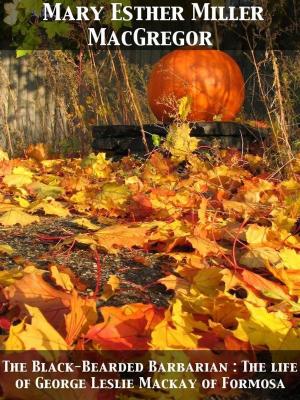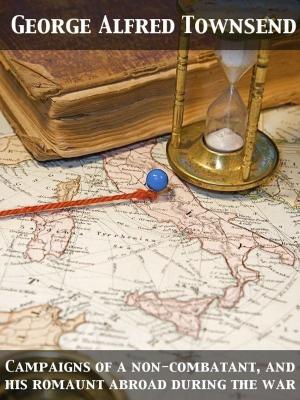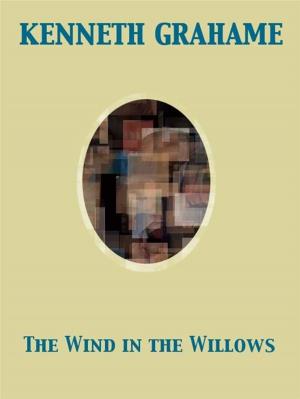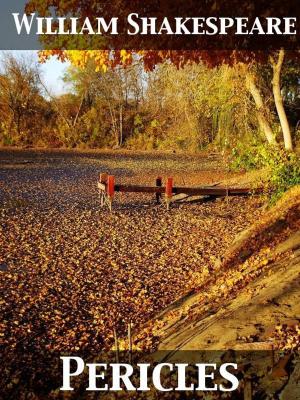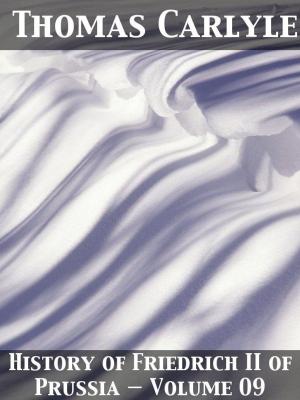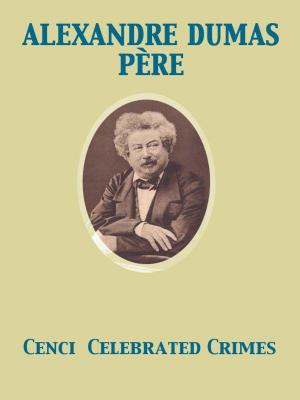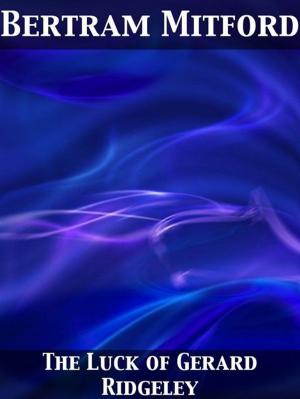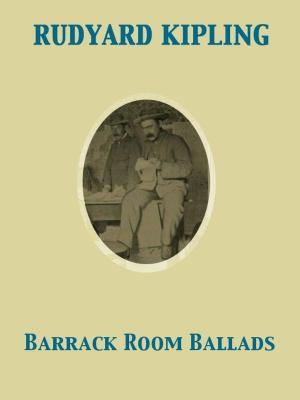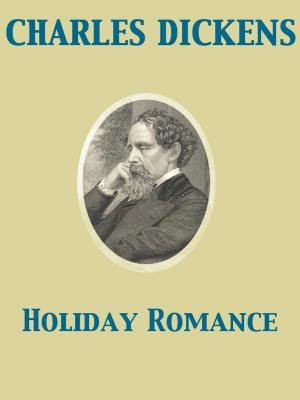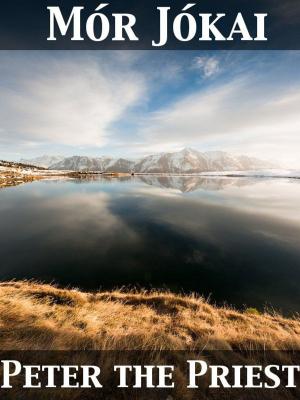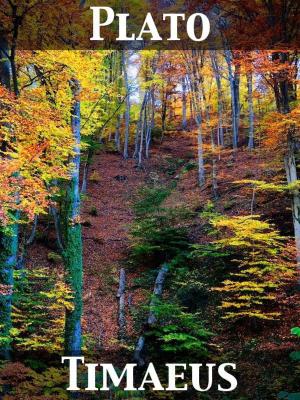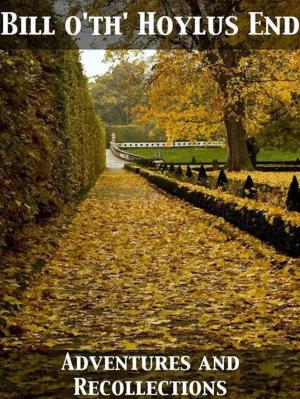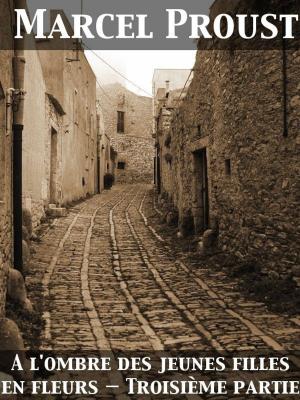The Path of Empire; a chronicle of the United States as a world power
Fiction & Literature, Classics| Author: | Carl Russell Fish | ISBN: | 9782819946144 |
| Publisher: | Release Date: November 27, 2011 | Publication: | November 27, 2011 |
| Imprint: | pubOne.info | Language: | English |
| Author: | Carl Russell Fish |
| ISBN: | 9782819946144 |
| Publisher: | Release Date: November 27, 2011 |
| Publication: | November 27, 2011 |
| Imprint: | pubOne.info |
| Language: | English |
In 1815 the world found peace after twenty-two years of continual war. In the forests of Canada and the pampas of South America, throughout all the countries of Europe, over the plains of Russia and the hills of Palestine, men and women had known what war was and had prayed that its horrors might never return. In even the most autocratic states subjects and rulers were for once of one mind: in the future war must be prevented. To secure peace forever was the earnest desire of two statesmen so strongly contrasted as the impressionable Czar Alexander I of Russia, acclaimed as the “White Angel” and the “Universal Savior, ” and Prince Metternich, the real ruler of Austria, the spider who was for the next thirty years to spin the web of European secret diplomacy. While the Czar invited all governments to unite in a “Holy Alliance” to prevent war, Metternich for the same purpose formed the less holy but more powerful “Quadruple Alliance” of Russia, Prussia, Austria, and England.
In 1815 the world found peace after twenty-two years of continual war. In the forests of Canada and the pampas of South America, throughout all the countries of Europe, over the plains of Russia and the hills of Palestine, men and women had known what war was and had prayed that its horrors might never return. In even the most autocratic states subjects and rulers were for once of one mind: in the future war must be prevented. To secure peace forever was the earnest desire of two statesmen so strongly contrasted as the impressionable Czar Alexander I of Russia, acclaimed as the “White Angel” and the “Universal Savior, ” and Prince Metternich, the real ruler of Austria, the spider who was for the next thirty years to spin the web of European secret diplomacy. While the Czar invited all governments to unite in a “Holy Alliance” to prevent war, Metternich for the same purpose formed the less holy but more powerful “Quadruple Alliance” of Russia, Prussia, Austria, and England.

